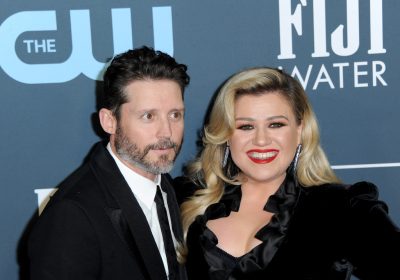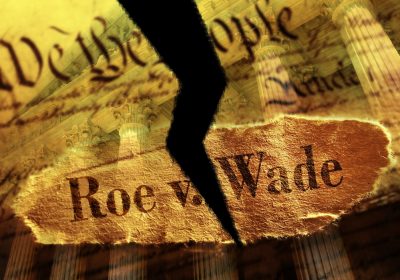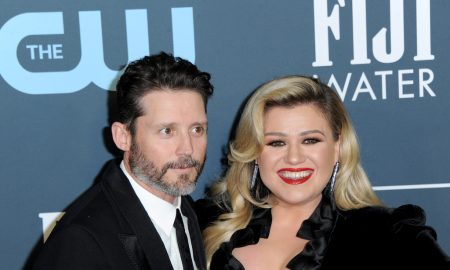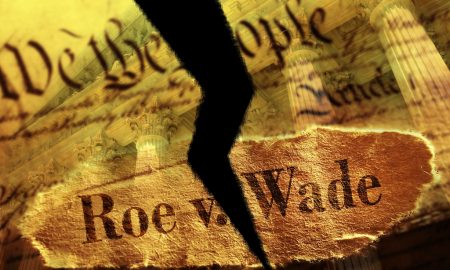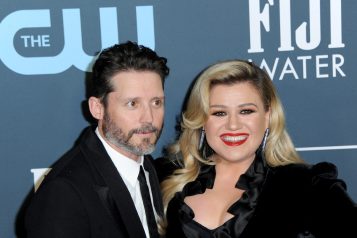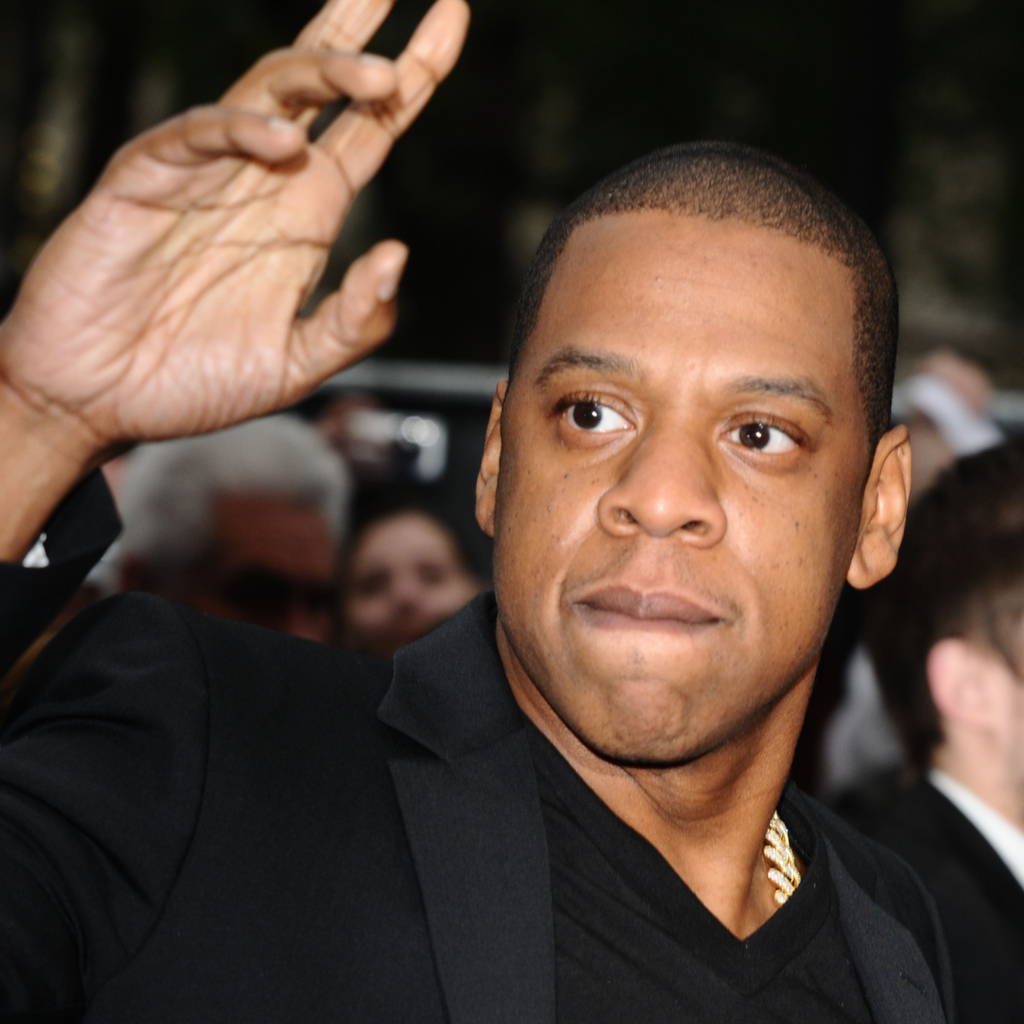
The legendary “Reasonable Doubt” album cover features a black-and-white shot of Jay-Z sporting a dapper suit and a cream scarf while tipping his hat with a cigar between his fingers. The image was captured by hip-hop photographer Jonathan Mannion, who’s now facing a lawsuit for allegedly exploiting the 51-year-old rapper’s likeness without his consent.
According to the lawsuit reported by the New York Post, Mannion collected thousands of dollars by displaying Jay-Z’s photos all over his website and selling the prints for large sums of money. In his complaint, Jay-Z — born Shawn Carter — claimed to have privately requested Mannion to stop profiting off his likeness before taking legal action, but the 50-year-old photographer refused and demanded that the rapper pay him millions of dollars to quit his use of Jay-Z’s likeness.
Now, Jay-Z seeks an injunction against Mannion and demands that the cameraman discontinue using his name and image, as well as pay “compensatory damages.”
Interestingly, the grammy winner’s court papers noted how it’s “ironic that a photographer would treat the image of a formerly unknown Black teenager, now wildly successful, as a piece of property to be squeezed for every dollar it can produce. It stops today.” Nevertheless, Jay-Z was 26 years old when he hired Mannion to snap his 1996 album cover.
While Jay-Z’s team hasn’t commented on the matter, Mannion’s legal reps recently issued a statement: “Mr. Mannion has created iconic images of Mr. Carter over the years, and is proud that these images have helped to define the artist that Jay-Z is today. Mr. Mannion has the utmost respect for Mr. Carter and his body of work, and expects that Mr. Carter would similarly respect the rights of artists and creators who have helped him achieve the heights to which he has ascended. We are confident that the First Amendment protects Mr. Mannion’s right to sell fine art prints of his copyrighted works, and will review the complaint and respond in due course.”
Despite Mannion’s confidence in his defense, the First Amendment allows for the re-use of a famous person’s likeness for the purpose of commentary or mockery. But using someone’s likeness for commercial purposes without obtaining their consent remains a classic form of appropriation.




